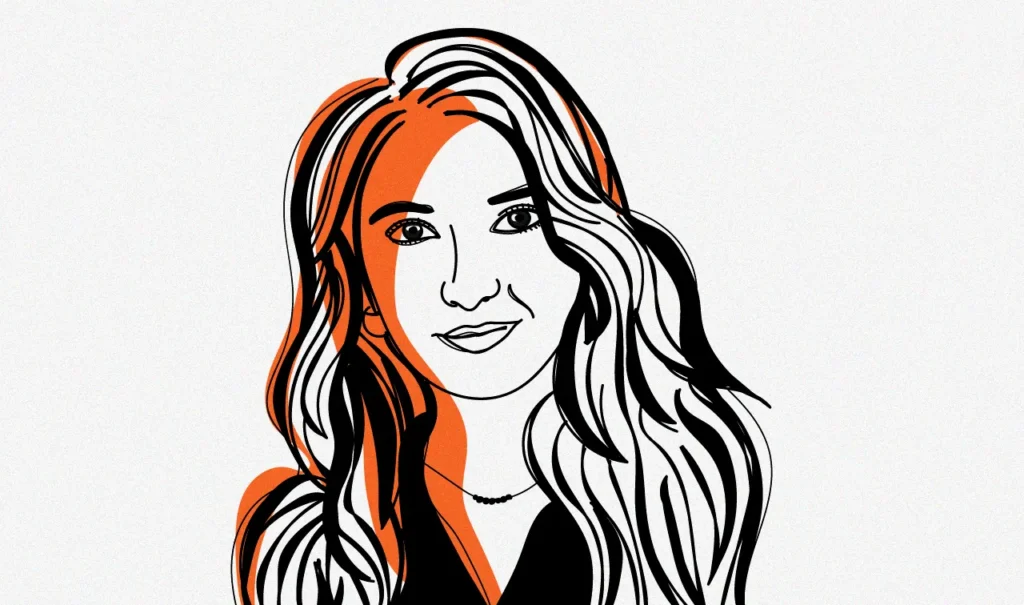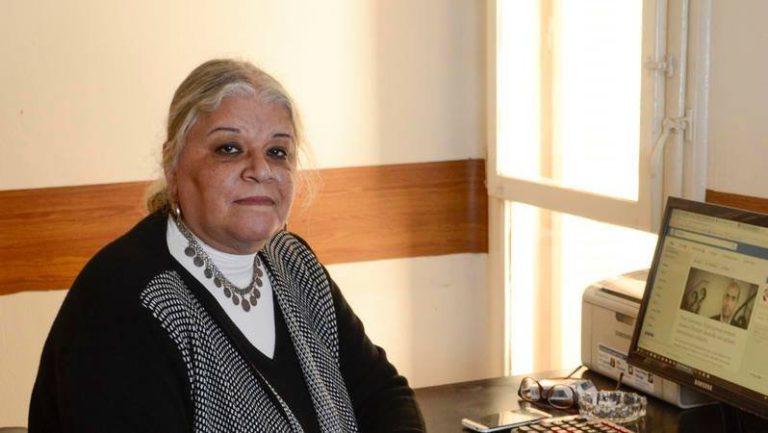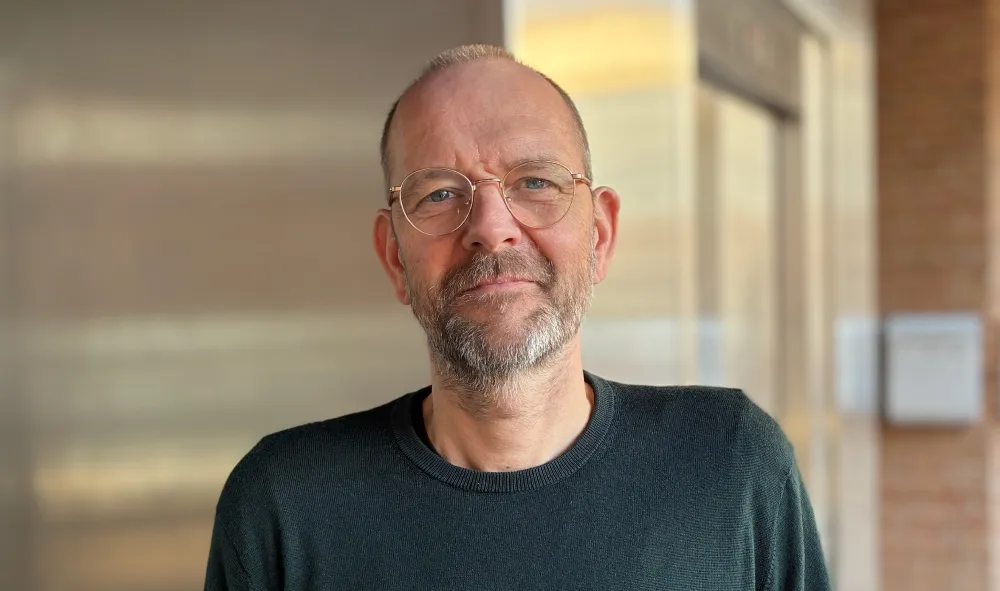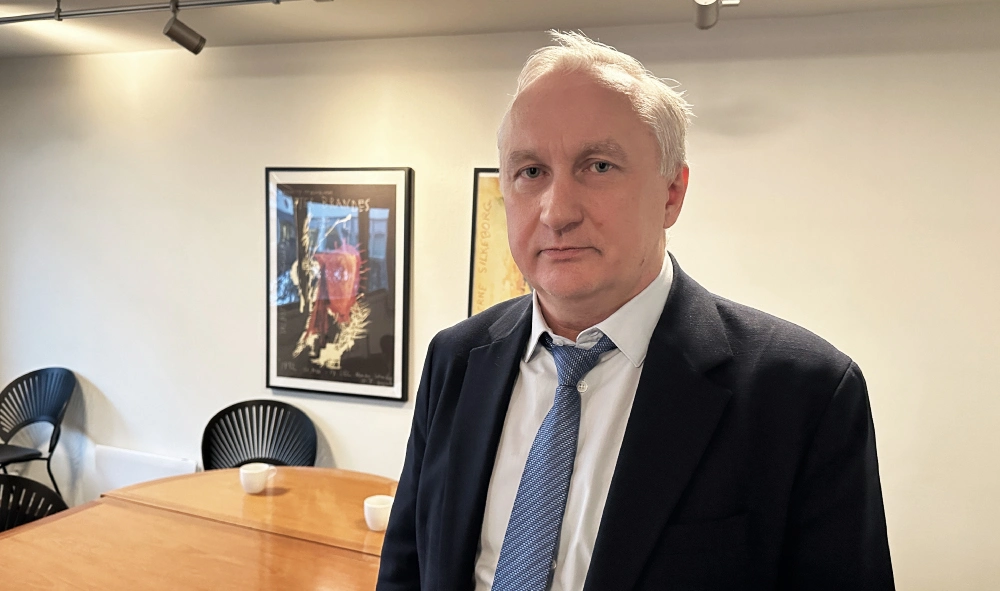More than 9,000 Palestinians are currently imprisoned in Israeli prisons and more than 3,400 held under administrative detention without trial including women and children.
There has also been a rising number of Palestinian children detained. In the last seven months the number of child arrests is approximately 540. According to the Palestinian Prisoners Club, 11 Palestinians have died in Israeli prisons between October 7th 2023 and early April 2024,.
Since the 1980s, the Treatment and Rehabilitation Center for Victims of Torture (TRC) has been providing treatment for Palestinians released from Israeli prisons, helping them overcome psychological trauma.
According to psychologist Noor Hamayel from TRC, there has been an increase in both reports of torture from her patients and the overall levels of violence observed in the West Bank. The latter is supported by recent reports by UN OCHA and others showing a sharp increase in violent and deadly attacks by settlers and clashes between Palestinians and the Israeli military. Since October 7th, 5,000 Palestinians have been injured and 479 including 116 children have been killed by Israeli forces or settlers across the West Bank.
According to Save the Children: ‘Palestinian children are the only children in the world who are systematically prosecuted in military courts, with an estimated 10,000 Palestinian children held in the Israeli military detention system over the past 20 years.’
What is the situation in the West Bank right now regarding the treatment of Palestinians released from Israeli prisons?
»As therapists, we used to hear stories of violence shared by our patients. But there is a clear difference between before and after October 7th. We see far more stories of sexual abuse against women. We have far more cases of children and women who have experienced torture in Israeli prisons. Of course, it’s not unusual to hear about women and children in prisons, but today we hear stories of children being tortured«.
Can you give an example?
»I am treating a boy now who was imprisoned for several months. You can physically see the scars on his body from torture. He tells me that he was beaten with a stick. He also tells me how prison staff failed to provide him with water, food and warm clothes. While in prison, he experienced many terrible things«.
What are the challenges of treating torture survivors and people who were in Israeli prisons?
»See, for this boy, it’s challenging because he’s constantly being retraumatized and has nightmares. The occupation itself is traumatizing. He is constantly reminded of the torture in prisons when he sees Israeli soldiers. Every day it reminds him of when he goes through checkpoints. Or when Israeli soldiers invade his neighborhood. He is afraid of being captured again. His family tells me that he is no longer the same. In that sense, you could say that his childhood has been robbed. Therefore, it can be very difficult to help and treat patients who live in fear«.
How do you meet the needs of your patients?
»Over the past seven months, movement has been even more restricted in the West Bank. There are roads that have been shut down. It takes a longer time to get through a checkpoint. As therapists, we therefore go and visit our patients. And we spend a lot of time on transportation. But it’s a way to spare and help our patients«.
What gives you hope in the work you do?
»I became a psychologist with the aim of helping Palestinians. No matter what my patients have experienced, they are always grateful. The resilience and hope my patients have also resonates with me«.





